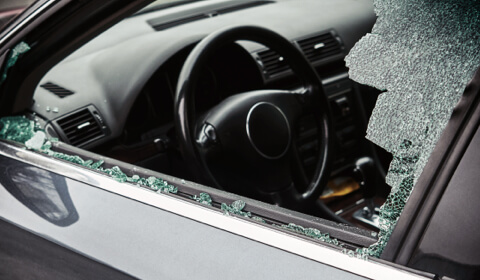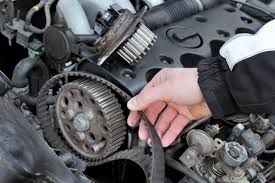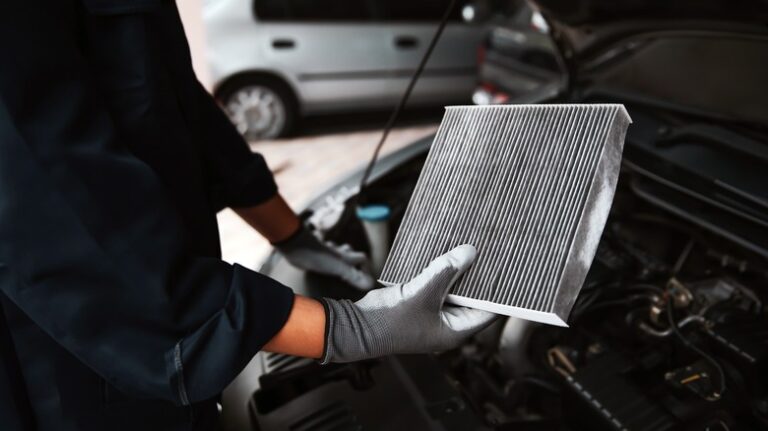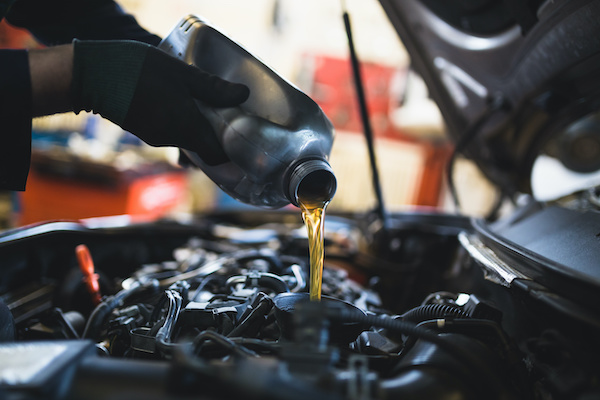Will New Rotors Make My Car Smooth?

If you’re noticing vibration or uneven braking, one of the potential causes could be worn or damaged rotors. Replacing your rotors with new ones can restore smooth braking performance and improve the overall feel of your car’s ride. However, while new rotors can certainly help, several factors come into play to determine whether they’ll solve the issue of a rough or bumpy ride.
In this article, we’ll explore how new rotors can impact your car’s performance and whether they can make your car feel smoother.
How Do Rotors Affect the Smoothness of Your Car’s Ride?
Rotors play a crucial role in the braking system. When you apply the brakes, the brake pads clamp down on the rotors, creating the friction needed to slow down or stop your car. If the rotors are damaged or worn out, it can result in vibrations, noise, or uneven braking. Here’s how new rotors can help:
1. Improved Braking Performance
- Uneven or Worn Rotors: Over time, rotors can become uneven, warped, or develop grooves. This can lead to a jerky or pulsating feeling when you press the brake pedal, which translates into an uncomfortable or rough ride.
- New Rotors: When you install new, smooth rotors, the friction between the brake pads and the rotor is more even, resulting in smoother braking. This can eliminate vibrations or shaking felt through the brake pedal.
2. Reduced Noise
- Old or Damaged Rotors: A rough or damaged rotor surface can cause squealing or grinding noises when the brake pads make contact.
- New Rotors: Freshly installed rotors provide a clean and smooth surface for the brake pads to grip, leading to a quieter and smoother braking experience.
3. Consistent Braking
- Old Rotors: Warped or damaged rotors may cause inconsistent braking, which can make the car feel unbalanced or cause pulling to one side.
- New Rotors: New rotors, when paired with fresh brake pads, help ensure that the car brakes evenly, which contributes to a smoother ride and better control.
When Should You Replace Your Rotors for a Smoother Ride?
New rotors can make a noticeable difference in the smoothness of your car’s ride, but they are typically needed under certain conditions. Here’s when you should consider replacing your rotors:
1. Vibrations or Pulsing While Braking
- If you experience vibrations or a pulsating brake pedal while applying the brakes, it could be a sign that your rotors are warped or uneven. Replacing the rotors will restore smooth braking.
2. Squeaking or Grinding Noises
- Continuous squeaking or grinding noises, especially after the brake pads have been replaced, may indicate that your rotors are worn out or have deep grooves. Installing new rotors can eliminate these sounds.
3. Brake Pad Wear
- If you replace your brake pads and notice that the rotors are damaged, it’s a good idea to replace them as well. Worn-out rotors can affect the effectiveness of the new brake pads and may lead to rough braking.
4. Visible Damage
- If you visually inspect your rotors and see noticeable grooves, cracks, or signs of excessive wear, it’s time to replace them. Damaged rotors can lead to uneven braking, reducing your overall driving comfort.
What Else Should You Consider for a Smooth Ride?
While new rotors are an important part of ensuring smooth braking, they’re not the only factor that affects the overall smoothness of your car. Here are some other things to consider:
1. Brake Pads
- The condition of your brake pads is just as important as the condition of your rotors. Worn-out or damaged brake pads can cause uneven braking, leading to vibrations or noise. Always replace brake pads at the same time as rotors to ensure maximum performance.
2. Brake Fluid
- Low or dirty brake fluid can reduce the performance of your braking system. Make sure your brake fluid is at the proper level and that it’s clean, as this helps maintain smooth and effective braking.
3. Suspension System
- Your car’s suspension system plays a significant role in the smoothness of your ride. If you’re experiencing roughness that isn’t related to the brakes, it could be an issue with the suspension components such as shocks, struts, or bushings.
Conclusion
New rotors can significantly improve the smoothness of your car’s ride, especially if you’re experiencing issues like vibrations, uneven braking, or noise. By replacing worn or damaged rotors, you restore the smooth, consistent braking performance that your car needs for a comfortable ride. However, for optimal results, it’s essential to ensure that other parts of the braking system, like the brake pads and fluid, are in good condition as well.
Frequently Asked Questions (FAQs)
1. Can new rotors completely eliminate brake noise?
- Yes, installing new rotors can help eliminate brake noise, especially if the old rotors were causing squeaks or grinding sounds due to damage or wear.
2. How do I know if my rotors are warped?
- If you feel a vibration or pulsing when applying the brakes, it’s a sign that your rotors may be warped. You can also visually inspect them for grooves, cracks, or uneven surfaces.
3. Can I just replace the brake pads without changing the rotors?
- While it’s possible to replace just the brake pads, it’s recommended to inspect the rotors as well. If the rotors are damaged, it’s best to replace them for optimal braking performance.
4. How often should rotors be replaced?
- Rotors generally last longer than brake pads, but they should be replaced when they become worn, warped, or damaged. Typically, rotors should be inspected every time you replace your brake pads, or approximately every 30,000 to 70,000 miles.
5. Will replacing rotors improve my car’s handling?
- While new rotors can improve braking performance and make the ride smoother, handling is also influenced by other factors like tire condition, suspension, and alignment.
Also Check:
• Will Warped Rotors Cause Vibration While Driving?






One Comment